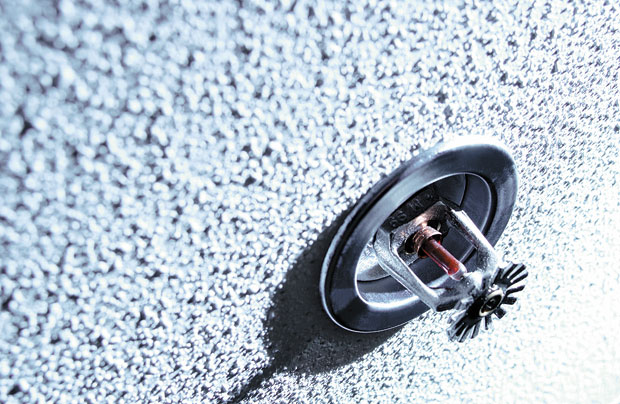In BIA Hawaii’s Feb. 2 Hawaii Renovation column, we discussed legislation that would increase the cost of housing by repealing Act 83, which prohibits counties from mandating fire sprinklers in new oneand two-family homes. We received a lot of support from you, our readers. We’d like to follow-up with information on what would happen, including unintended consequences, if the government mandated residential fire sprinklers through the building code.
• When we contacted a major insurance company in Hawaii, they said they do not currently give a discount on premiums for homes with fire sprinklers. The underwriter even expressed surprise when she heard that a single family home had fire sprinklers.
• Currently, if the fire sprinkler accidentally discharged in your home, resulting in water damage, this insurance company would cover the damage caused by this accidental discharge within your home under the owners’ homeowner policy, but would not cover the cost to repair the fire sprinkler. Not all insurance companies would cover damage caused by accidental discharge.

• If the building code changes to mandate fire sprinklers, insurance companies would then need to make amendments to their policies. Would they continue to offer fire insurance coverage for homes that do not have fire sprinklers?
• When a fire sprinkler system is installed, it will be hooked up to the Honolulu Board of Water Supply system. The cost would depend on the fire sprinkler demand in gallons per minute. In the May 2013 report of the State Building Code Council, the total cost to upgrade to a 1-inch meter, including the cost of the fire sprinkler system, was $18,092, with the sprinkler cost alone at $9,263.
• When residential fire sprinklers are mandated, the homeowner bears the cost of continued maintenance, repair and testing of their system. The maintenance includes: monthly inspection of all valves to ensure they are open; monthly inspection of tanks, if present, to ensure they are full; monthly testing of pumps, if present, to ensure they operate properly; semiannual testing of all water flow devices; and ongoing visual inspection of all sprinkler heads to ensure they are not obstructed. The repair costs are the materials and labor to replace rusted sprinkler heads and other parts that are broken or not working.
BIA-Hawaii is not opposed to fire sprinklers, but we support a right to choose voluntary installation by the homeowner, especially when the cost prohibits them from buying or building a new home. Standards for residential fire sprinklers are currently included in the city’s building code should a homeowner decide a fire sprinkler is right for them.
Karen Nakamura is CEO of the Building Industry Association of Hawaii.